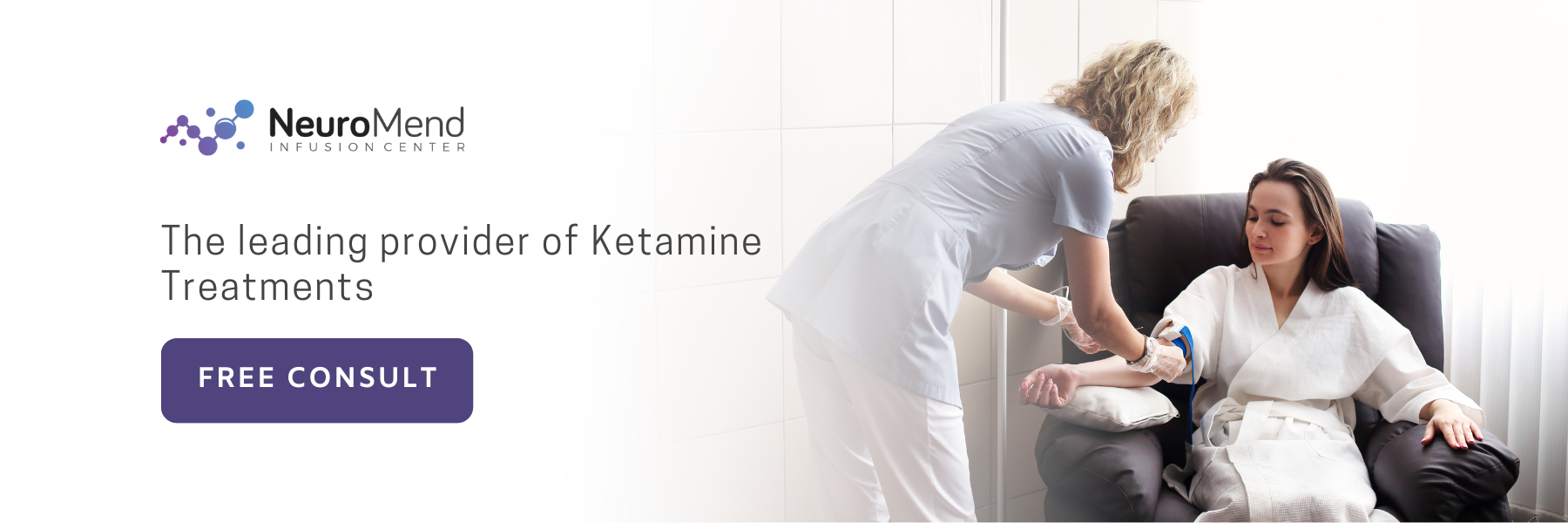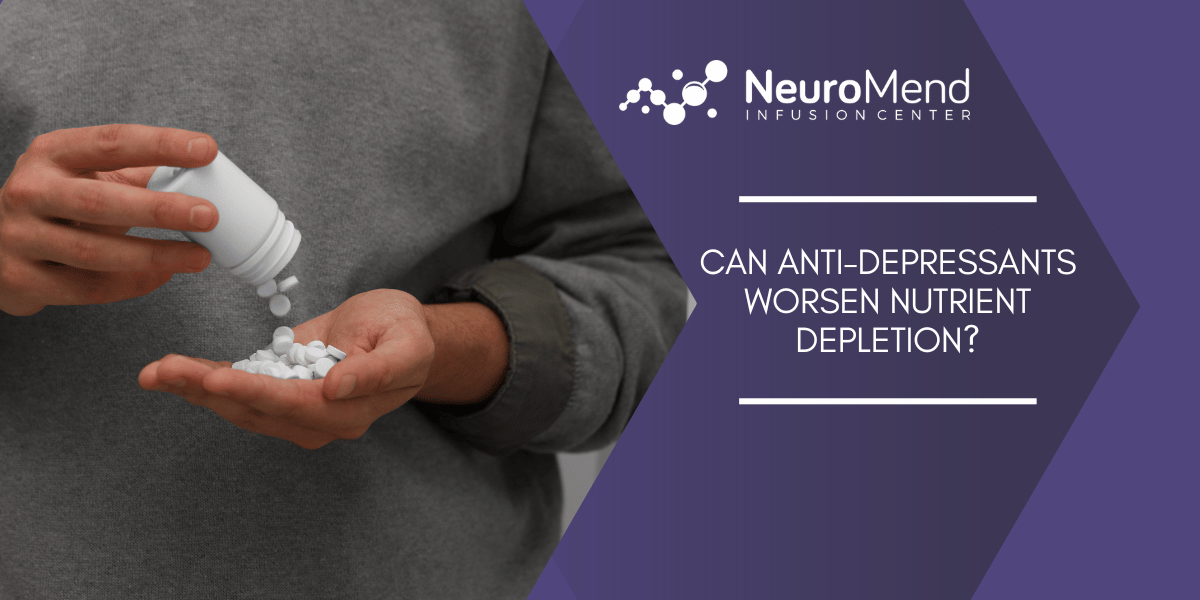
Ketamine therapy has increasingly become a promising option for individuals seeking effective mental health treatment, especially for conditions like treatment-resistant depression (TRD). Ketamine is one of the only anesthesia medications that does not suppress the body’s ability to protect its airway, suppress the respiratory system or cardiovascular system. Its potential benefits for individuals with kidney issues and minimal interactions with other medications make it an ideal option for many.
However, despite its safety and effectiveness, ketamine still faces a stigma, partly due to its previous associations and pop culture mentions, like those involving Matthew Perry. So, what makes ketamine safe, and why is it especially helpful for treatment-resistant depression? Let’s explore the key reasons behind ketamine’s trustworthy reputation in therapy.
What Sets Ketamine Apart in Safety Standards?
Ketamine is unique in the field of anesthesia. Unlike traditional anesthetics, ketamine is the only anesthesia that doesn’t directly affect the cardiovascular system, making it ideal for individuals who might be at risk of complications from standard sedatives. This distinct feature is one reason it’s been embraced for therapeutic use, particularly for mental health conditions like treatment-resistant depression. For patients with heart conditions, this lack of cardiovascular impact can be a game-changer, opening the door to treatments they may otherwise be unable to receive safely.
Additionally, ketamine stands out because it doesn’t interfere with essential protective reflexes. Unlike other anesthetics, ketamine allows the body to retain involuntary functions such as the gag and cough reflexes, which are crucial for airway protection. Even with ketamine in the system, these reflexes remain intact, as ketamine doesn’t "put the brain stem to sleep" at the therapeutic doses used. This means vital involuntary actions like breathing continue without interruption, making ketamine not only effective but also uniquely safe in maintaining critical bodily functions.
Another advantage is ketamine’s quick metabolization rate—it doesn’t last long in the system. This ensures that the effects of ketamine therapy are brief, allowing patients to return to their normal routines without lingering side effects. The rapid processing not only supports its safety profile but also makes ketamine therapy manageable for patients with active lifestyles or strict schedules. For those battling treatment-resistant depression, the fast onset and short duration of ketamine’s effects can bring relief quickly.
How Does Ketamine Interact with Other Medications?
Ketamine IV therapy is known for its low complication rate when used alongside other medications. Its unique pharmacological properties mean it rarely interacts negatively with medications prescribed for other conditions, which is especially beneficial for those dealing with TRD and managing multiple prescriptions. Patients who are juggling multiple health conditions can benefit from ketamine without the worry of interference or adverse drug interactions.
Additionally, ketamine’s limited interaction profile extends to patients with kidney issues. Unlike certain medications that strain the kidneys, ketamine has proven safe for those with renal concerns. It’s one of the few therapeutic agents that can be confidently administered to patients with compromised kidney function, broadening its accessibility for a larger demographic. This level of safety is rare in therapeutic mental health treatments who often have limited options for effective and manageable treatments.
Why Does Ketamine Still Face a Stigma?
Despite its well-documented benefits and safety, ketamine continues to carry a stigma. Part of this negative perception is rooted in its past as a recreational drug, which overshadows its medical potential for some. Additionally, ketamine has been portrayed in media, with some celebrity discussions—such as those from Matthew Perry—often focusing on its misuse rather than its therapeutic value. This portrayal can lead to misunderstandings and doubts about ketamine therapy’s legitimacy and safety, especially for those considering it as a treatment for complex issues like bipolar or mental health issues.
However, it’s crucial to recognize the vast difference between recreational and therapeutic ketamine use. When administered in a clinical setting by trained professionals, ketamine is used responsibly and safely. The dosage and environment of ketamine IV therapy are carefully controlled, designed specifically to aid mental health treatment, far from the contexts that created its negative image. Educating the public on these distinctions is vital in breaking down barriers to understanding and accepting ketamine’s true potential.
Who Can Benefit from Ketamine Therapy?
Ketamine therapy is versatile and can benefit a wide range of individuals, especially those with bipolar depression, anxiety disorders, TRD, chronic pain conditions, and PTSD. When traditional antidepressants and therapies have not provided relief, ketamine can offer a breakthrough. Because it doesn’t impact the cardiovascular system, ketamine is suitable for patients vulnerable to traditional anesthetics due to heart conditions, providing a safe alternative to explore other mental health treatments.
The benefits extend to individuals with complex health conditions. For example, patients with kidney issues who often have to avoid or adjust many medications can safely receive ketamine IV therapy. Furthermore, for patients requiring multiple medications, ketamine’s low interaction profile makes it a manageable addition to their treatment plan. This inclusivity in its safety profile makes ketamine a standout option in the field of mental health therapy.
NeuroMend: Leading Provider in Ketamine Therapy
Ketamine therapy is redefining the landscape of mental health treatment, especially for individuals with treatment-resistant depression. Its unique safety profile—including minimal cardiovascular impact, quick metabolization, and compatibility with other medications—sets it apart as an accessible and effective therapy for many. Despite the lingering stigma, ketamine’s therapeutic potential continues to gain recognition in the medical community. At Neuromend, we specialize in safe and supportive ketamine IV therapy, providing a tailored approach that prioritizes your comfort and mental health.
For those facing challenging mental health conditions, Neuromend offers a promising path forward with ketamine therapy, free from the typical risks associated with anesthesia. By choosing Neuromend, you’ll receive care from an experienced team that understands ketamine’s distinct benefits and is dedicated to addressing misconceptions to make this therapy a trusted option. Reach out to us today for a free consult and discover how Neuromend’s ketamine therapy can make a difference in your journey to improved mental health.

ABOUT NEUROMEND INFUSION CENTER
![]() We are an Evidence-Based Center of Excellence and the leading provider of Ketamine Infusions, IV Infusions and Ketamine Consulting Services for Ketamine Clinics and IV Therapy Clinics.
We are an Evidence-Based Center of Excellence and the leading provider of Ketamine Infusions, IV Infusions and Ketamine Consulting Services for Ketamine Clinics and IV Therapy Clinics.
We Provide Effective Treatment For The Following Conditions: Major Depressive Disorders, Post-traumatic Stress Disorder (PTSD), Bipolar Depression, Obsessive Compulsive Disorder, Suicidal Ideations, Chronic Migraines, Severe Anxiety, Fibromyalgia and Chronic Pain Syndromes.










